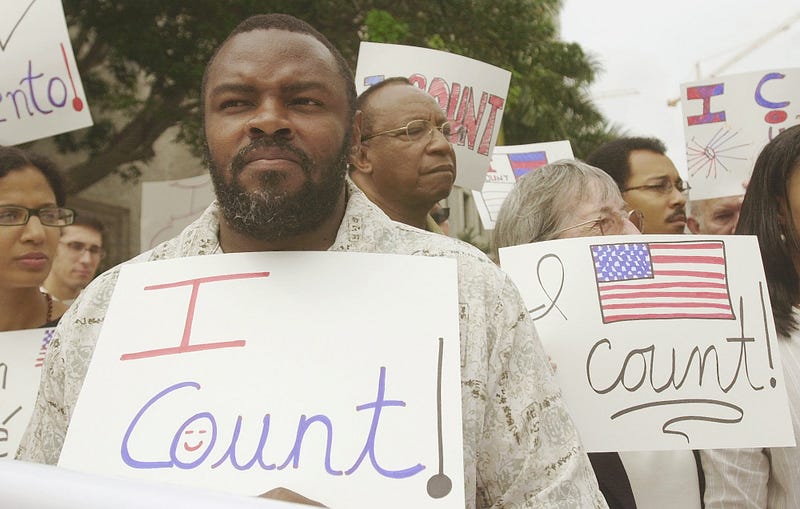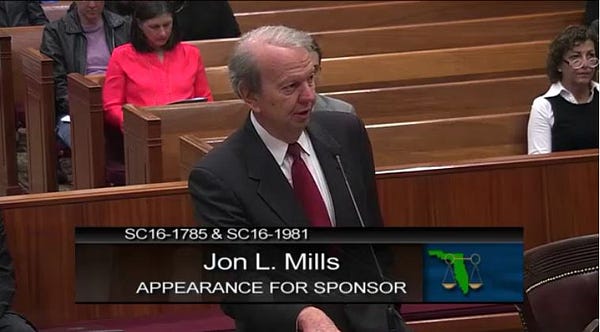Courtesy: Kira Lerner : klerner@thinkprogress.org
: klerner@thinkprogress.org
Political Reporter at ThinkProgress.
Florida voters could restore voting rights to almost 2 million felons in 2018!
Petition Link: https://drive.google.com/file/d/0B7gsgDLdRJScVW5QbzAzeG1OTjA/view
Get involved and help get the signatures required to put the constitutional amendment on the 2018 ballot. Follow the link to find out how to create a petition gathering group in your area. https://secondchances.peoplepower.org/?source=FRRC

Ex-felons call attention to their lack of voting rights in a demonstration in Florida.
Credit: AP Photo/J. Pat Carter
More than 1.6 million former felons could have their right to vote restored in 2018, when Florida voters could have the opportunity to reverse the state’s policy of permanently disenfranchising anyone with a felony conviction.
The Florida Supreme Court ruled Thursday, April 20, 2017, that the Voting Restoration Amendment, the proposed constitutional amendment to automatically restore felons’ voting rights, follows the guidelines outlined in the state constitution. “We approve the amendment for placement on the ballot,” the court wrote. If it is able to get hundreds of thousands more signatures, the amendment will appear on the ballot, where it will need 60 percent approval to pass.
 “The question would have to be, ‘have you completed all the terms of your sentence?”‘ he said, explaining how the state’s voter registration form could easily be changed from asking citizens about any felony convictions to asking whether the voter has completed his or her sentence.
“The question would have to be, ‘have you completed all the terms of your sentence?”‘ he said, explaining how the state’s voter registration form could easily be changed from asking citizens about any felony convictions to asking whether the voter has completed his or her sentence.